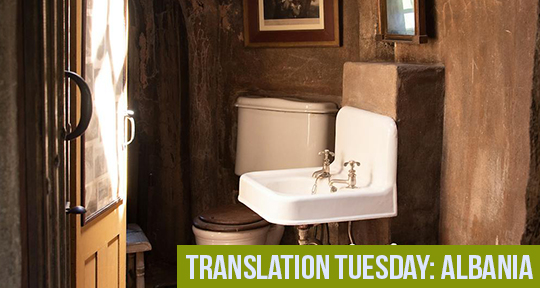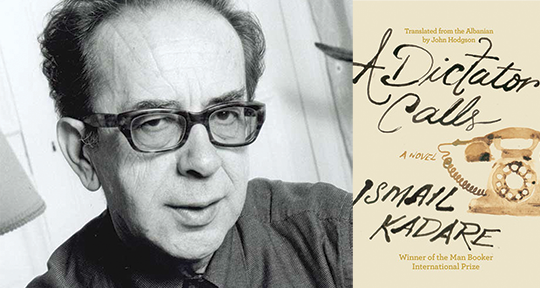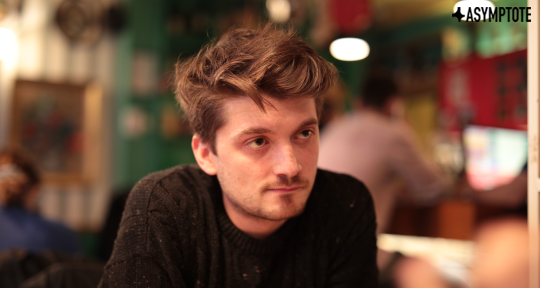In this wry story by acclaimed Albanian writer Stefan Çapaliku, translated by Vlora Konushevci, a journalist arrives in Vienna on an assignment to document the funeral of Otto von Habsburg, the last heir of the storied Habsburg dynasty. But his plans are soon derailed: besieged by a persistent stomach problem, he’s forced to prioritize his bowel movements over frontline reporting. From the confines of a café bathroom, for which he already holds a peculiar affinity, he is reduced to hearing, rather than seeing, the majestic procession pass by. This undignified place winds up being the perfect setting for the narrator to meditate on what makes a life meaningful, and how to measure the worth of our accomplishments when we’re all the same flesh in the end.
1.
Morning. I open my eyes, as I’ve done countless times through the night. From the curtainless window, the view hasn’t changed: a city slowly morphing into a monster, its limbs aggressive, forged from red bricks veined with concrete and rods of iron stretching skyward. Then, almost suddenly, the sun appears, and with it, a sliver of hope seeps into my waking. The view begins to clear, shedding that initial layer of violence.
I step out onto the back balcony of my apartment to gauge the temperature of the day, confirming for what must be the hundredth time that the city is turning into one giant dormitory. It now resembles a sleeping quarter—sprawling and expanding like the hopeless belly of a morbidly obese man. The buildings, once erected in communist times, are now, in our age of liberty, multiplying in the ugliest of ways. Lumps, foolish extensions, architectural carbuncles sprouting from them…
I leave the house, find somewhere to sit, and open my office door. My office is my laptop. The door is its lid. It doesn’t matter where I am, at home, in a café, in the park, or anywhere else. I carry my office with me. I loathe all things conventional. My conventional office is in the city center, very close to home, but I hardly ever go there, even though it’s just 550 steps away.
And sure, 550 steps are nothing, but I’m lucky no one requires me to keep fixed hours. No one demands explanations. My work happens wherever I am. Every place is a suitable workplace for my profession, except the office.










